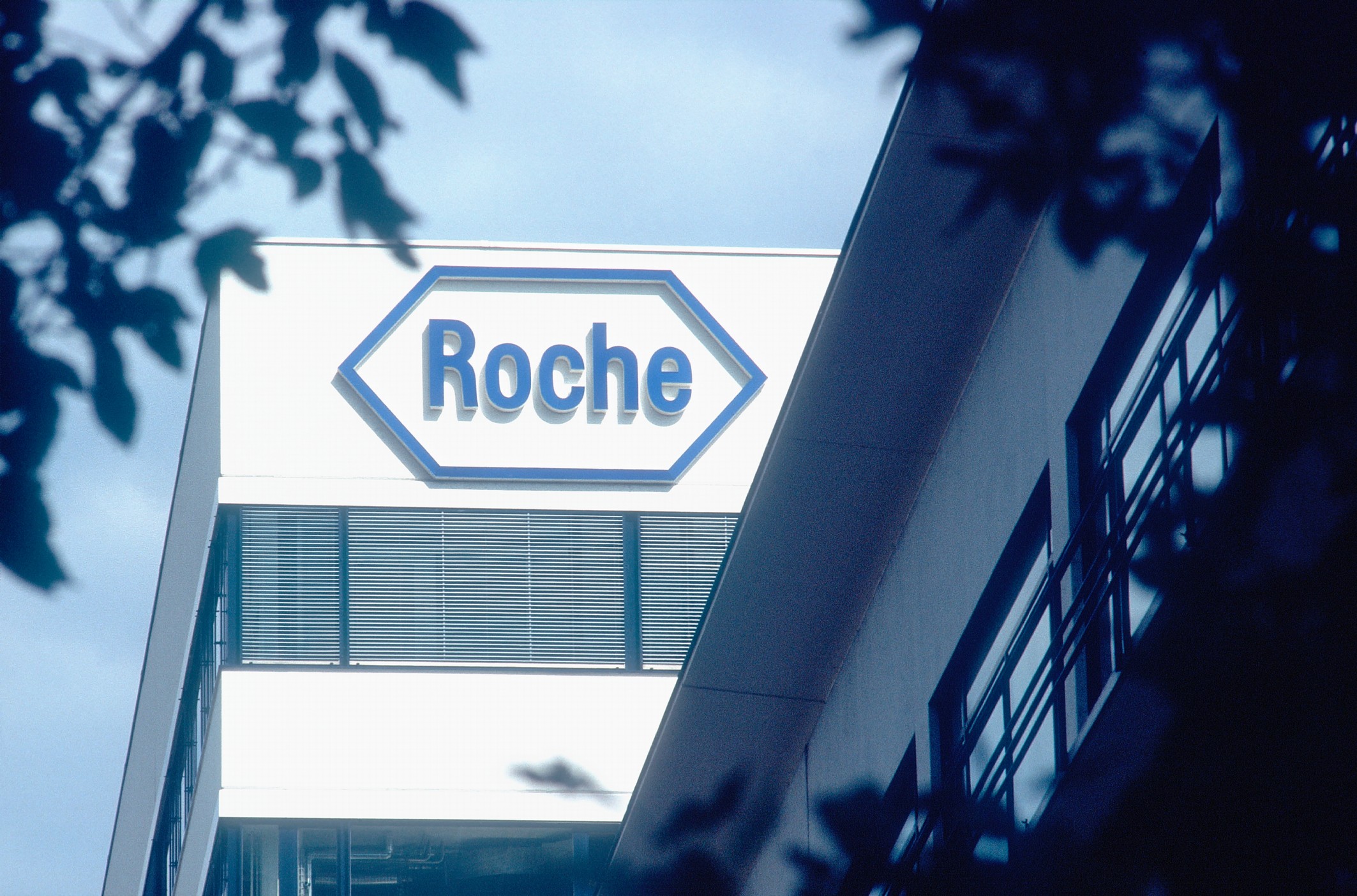
Roche has gained a formidable advantage in the blood disease treatment space.
The U.S. Food and Drug Administration (FDA) granted two approvals to notable treatments within the Swiss drug maker’s portfolio.
Blockbuster Hemophilia Approval
First, the agency approved Hemlibra, which is a new drug for adults and children with hemophilia A with factor VIII inhibitors. The therapy is designed for routine prophylaxis administered as a once-weekly injection to prevent or reduce the frequency of bleeding episodes.
Data from two clinical studies helped the FDA make its decision. Results from one phase III investigation indicated the drug was able to produce a statistically significant reduction in treated bleeds of 87 percent versus those who received no prophylaxis. Also, an intra-patient analysis revealed a statistically significant reduction in treated bleeds of 79 percent versus previous treatment with bypassing agent prophylaxis that was collected in a non-interventional study prior to enrollment.
Interim findings from another trial labeled HAVEN 2 found the drug demonstrated similar effects in children younger than 12 years of age with hemophilia A with inhibitors. Data revealed that 87 percent of children who received Hemlibra prophylaxis experienced zero treated bleeds.
“Today’s approval of Hemlibra represents an important advancement for people with hemophilia A with inhibitors, who have struggled to manage their bleeding disorder and haven’t had a new medicine in nearly 20 years,” said Sandra Horning, MD, the Chief Medical Officer at Roche and Head of Global Product Development, in a statement. “We believe Hemlibra will improve protection against bleeds and reduce the treatment administration burden for people with hemophilia A with inhibitors, and we are committed to helping them access this medicine.”
However, the FDA added a black box warning to the treatment for patients who developed thrombosis while being treated for so-called breakthrough bleeds. This can sometimes occur for hemophilia patients undergoing therapy.
Analysts predict Hemlibra could produce about $1.6 billion in annual sales by 2022, according to a poll conducted by Reuters, but the safety profile could hinder Roche’s ability to get quick adoption of the drug.
New Label Expansion
The FDA also greenlighted an expanded approval for the firm’s drug called Gazyva. It is an engineered monoclonal antibody that attaches to CD20, which is a protein expressed on certain B cells, but not on stem cells or plasma cells. It attacks and destroys these targeted B-cells both directly and together with the body’s immune system.
Gazyva is now approved for previously untreated advanced follicular lymphoma. It can be used in combination with chemotherapy, followed by Gazyva alone in those who responded, for people with previously untreated advanced follicular lymphoma (stage II bulky, III or IV), according to the announcement.
Follicular lymphoma is the most common slow-growing form of non-Hodgkin lymphoma that is considered incurable and relapse is common.
“Today’s Gazyva approval is an important advance for the thousands of people diagnosed each year with follicular lymphoma who hope to delay disease progression for as long as possible,” said Horning, in another statement. “We’re pleased we can now offer patients with this incurable blood cancer an initial treatment option shown to improve upon Rituxan, the standard of care in this setting for more than 10 years.”
Results from a study labeled GALLIUM was crucial to this decision. Data from this phase III trial showed the drug displayed superior progression-free survival for patients who received this regimen compared to those who received a regimen with another therapy in the company’s portfolio called Rituxan as a first line treatment.
Overall, the findings indicated the regimen with Gazyva reduced the risk of disease worsening or death compared to the Rituxan regimen by 28 percent. Common Grade 3-5 side effects in the Gazyva arm were low white blood cell count, infusion reactions, low white blood cell count with fever and low platelet count.
Currently, additional combination studies are underway across a range of blood cancers investigating Gazyva’s efficacy with other approved or experimental medications as well as cancer immunotherapies and small molecule inhibitors.
Filed Under: Drug Discovery



